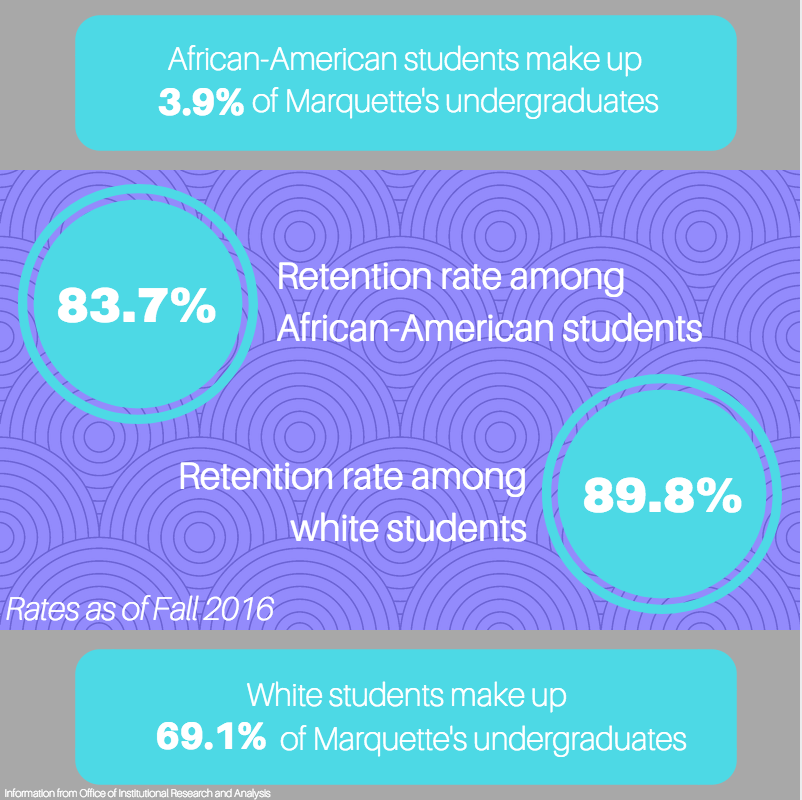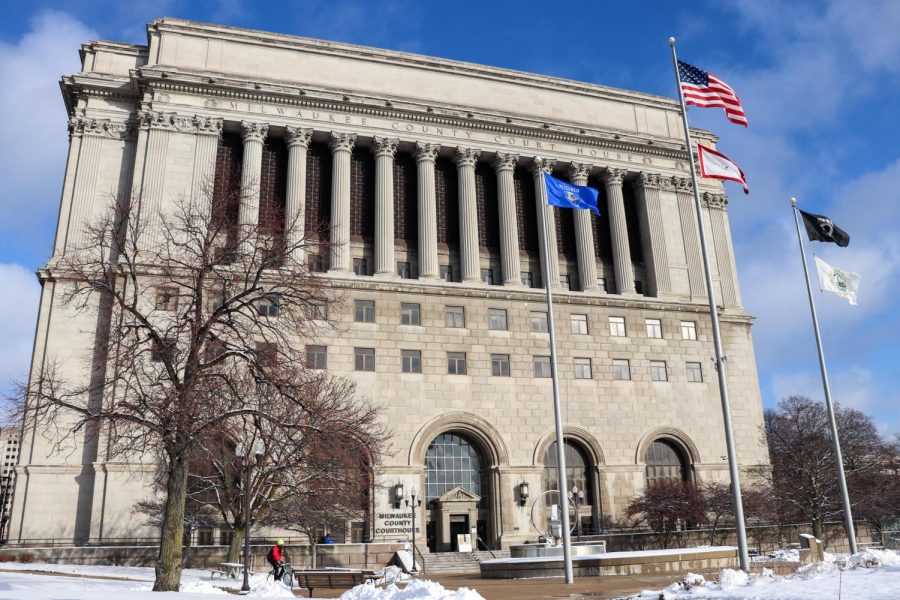Marquette is refusing to provide several documents in a case in which a former student sued the university for allegedly violating Title IX and negligence.
The former student, who goes by Jane Doe for the purposes of the case, filed the lawsuit in August 2017. In a response dated October 2017, Marquette denied the majority of Jane Doe’s claims and requested that the lawsuit be dismissed.
The case is in the discovery phase, Julie Porter, the student’s lawyer, said. The phase consists of document exchange, in which both sides request certain materials of each other.
Porter said Marquette refused to provide several documents. In response, Porter said her team will file a motion to compel, which will ask the judge to require Marquette to hand over the materials.
Porter declined to name the specific requested documents.
“There’s not a lot of public-facing things that happen during the discovery phase, but we continue to take the position that Marquette engaged in serious misconduct against our client, Jane Doe, and she remains steadfast in her wish to hold them accountable for their conduct,” Porter said.
Marquette university spokesperson Brian Dorrington said the university maintains its concern for the student and family, but it continues to disagree with the attorney’s assertions.
Dorrington said the university will not share additional information due to the legal matter.
“We will continue to prioritize sexual assault education and care for any student who comes forward to get the support they need,” Dorrington said.
Paul Nolette, an assistant professor of political science, said it is not unusual for either side in a case to refuse documents. He said this kind of back-and-forth happens in the discovery phase.
“The discovery phase of a trial is a really crucial part of the whole thing because it’s where the parties collect the evidence together that would be used at trial,” Nolette said. “That evidence can be testimonial evidence, talking with witnesses for instance, or can also be documents or other material that are relevant to the case.”
It is standard for the discovery phase to span over several months to a year, Nolette said. Marquette’s lawyers for this case did not respond to multiple requests for comment.
“I would suspect, in this case, it probably has something to do with either Marquette is saying that it’s not relevant in some way or, given the nature of this case, they might say that there’s something protected by student privacy laws that they can’t turn over,” Nolette said.








